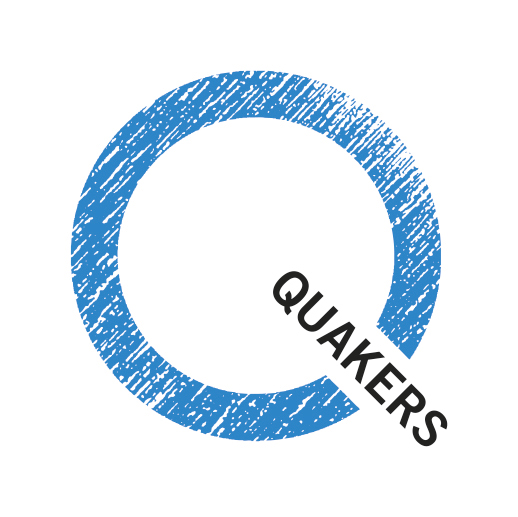It is widely assumed that science is implacably opposed to religion and spiritual ideas. In a discussion of whether this is unavoidable, I shall briefly discuss the common aims; the differences in notions of authority; concepts of what we mean by spirituality; the success of reductionist approaches in explaining the world; things that are puzzling about the scientific explanations (but which may not always be so); the mystery of whether we have free-will and what consciousness is; and the need to take seriously people's mystical experiences when trying to understand the world.
“ Science without religion is lame. Religion without science is blind.” - Einstein.
Rudolf Steiner (1861-1925) developed Anthroposophy as a modern ‘spiritual science’. We will explore the spirituality and the understanding of human and word development underpinning the well-known practical fruits (Steiner Education, Biodynamic Agriculture, etc.).
The 2014 Swarthmore Lecture, ‘Open for Transformation’, by Ben Pink Dandelion, was presented at Quakers’ Britain Yearly Meeting. Ben characterises Quakerism at its core as being based in the reality of spiritual experience, which is prioritised over doctrine. However, he suggests that the absence of teaching Quakerism within the Society of Friends has allowed everything to be questioned and related to personal choice. Some questions emerge - can Quakerism be taught, or, is it ‘caught’ by association and intuition?
Today’s Liberal Quakerism owes much to Rufus Jones and his psychologically informed interpretation of Quakerism as a mystical religion. This session will provide an introduction to his thought and the opportunity to reflect on some of his ideas in small groups.
Miranda BartyTaylor talks about her experience of travelling to Dobova in the Slovenian-Croatian border, via Dunkirk. Last November Miranda organised two vans packed full of supplies to help with the refugee crisis travelling through Europe. She drove to the Serbia-Slovenia border with 5 others and will share with us her experience of undertaking this task. She'll also talk about what's happening in Dunkirk at the camp in GrandSynthe.
In 1988, Joseph Campbell, the distinguished scholar of ‘myth’, gave six hour-long recorded conversations with veteran journalist, Bill Moyers, entitled ‘The Power of the Myth’. The second of these will be shown here. Jim will conduct the discussion that will follow the video. Myth is a language that speaks directly to the heart, and is an interesting reflection of mysticism.
Our ideas about the cosmos can have profound implications for the way we behave towards ourselves and our world. Iain McGilchrist in The Master and His Emissary has argued that we, in our society, tend to rely too much on left-brain reasoning and that our relationship with our world has slipped out of balance. It was not always so. We have lost touch with an older cosmology that was the norm for 2,000 years and from India to France. Could there be lessons we can learn from our own deep cultural history that might help us live more balanced lives here and now?
If you're new to Quakers or have been attending Meeting for a while, this weekend is a chance to find out everything you ever wanted to know about Quakers but were too afraid to ask!
Polmont Quakers have been meeting in Polmont for 30 years and as part of our birthday celebrations we are holding a Coffee Day in Falkirk. There'll be a chance to Meet a Quaker, find out about Scottish Quakers and WW1 and make Peace Cranes. There'll be teas, coffees, home baking,soup & rolls, stalls and displays.
Quaker Week 2016 runs from 1st-9th October. In Scotland you can learn about Quakers by eating cake in Edinburgh, looking at Quaker art in St Andrews or taking a free, online course on early Quakers. You can mark World Quaker Day by finding out how many Quakers there are in the world.
Invitation to Quaker Arts Exhibition 1 - 8 October, St Andrews Meeting House 2 Howard Place, St AndrewsWe share creative work that reflects a variety of inspiration, brought together from within St Andrews Quaker Meeting. Either directly or indirectly each creative piece speaks to what we care about and the directions we are travelling, individually and as a Meeting.
